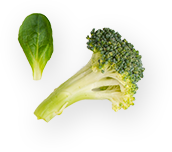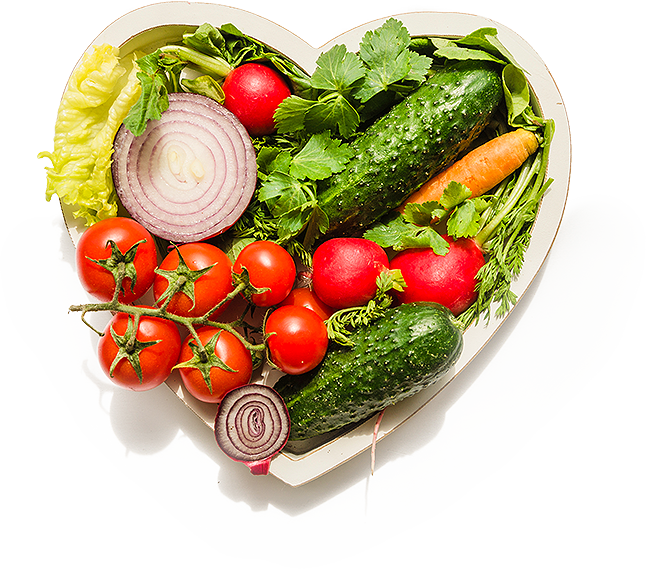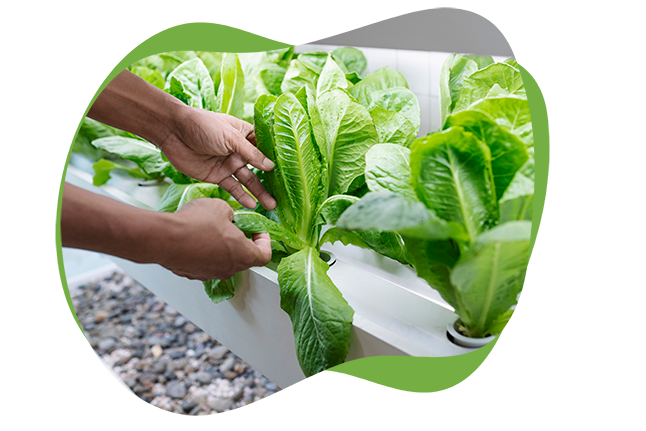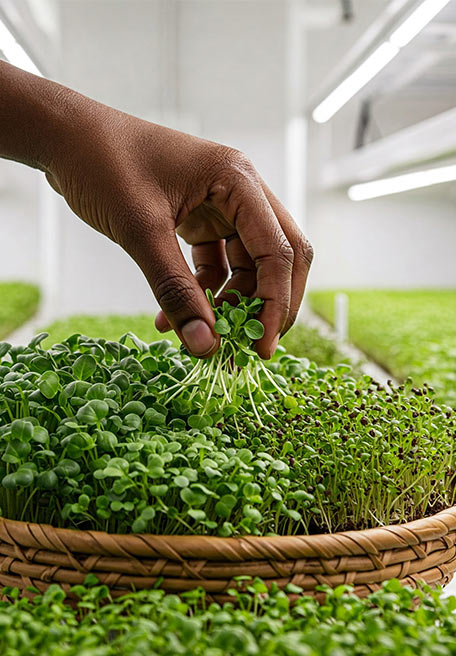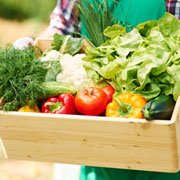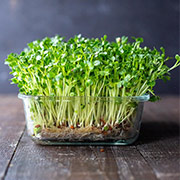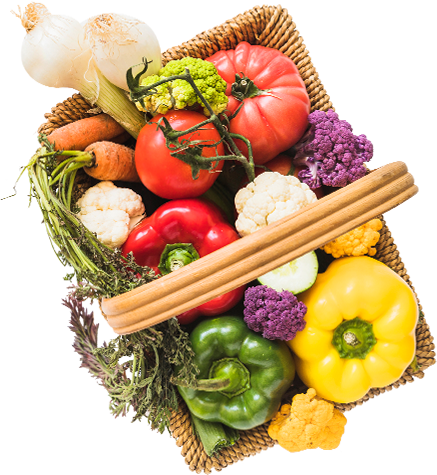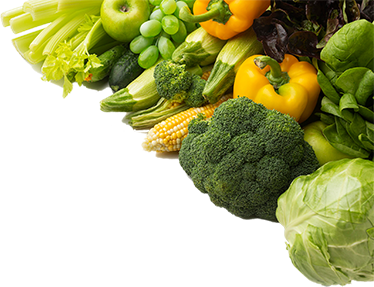Welcome to Jwale Farms!
-
698
Home Deliveries
-
4,469
Tons Of Goods
-
1,106
Happy People
-
754
Tree plant

A Complete Microgreens growing kit
-
What to expect in the Kit
- 6 x Sprouting Trays: 2 solid black trays, 2 green tray (with drainage holes) and 2 clear humidity domes
- 4 x Full Sized Packs of Microgreens Seed
- Beetroot 70g
- Cress 200g
- Daikon Radish 200g
- Mustard 200g
- 1.5kg of our special Germination Mix
- 8 x Buffered Coir Growblocks (2 Growblocks are sufficient to fill 1 Jwale Farms Tray)
- 1 x 250ml Fine Mist Spray Bottle
- 1 x Full Colour Instruction Manual
Why Choose Us?
We are more than just a provider of aquaponic equipment. Jwale Farms is dedicated to:
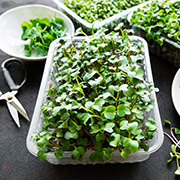
Innovation
Our team is constantly researching and developing new ways to improve aquaponic technology.
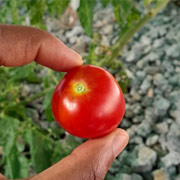
Proper Care
We provide our customers with the knowledge and resources they need to ensure their aquaponic systems thrive.
Frequently Asked Questions
Jwale Farms is committed to empowering you on your aquaponic journey. We understand that you might have questions, so we’ve compiled a list of frequently asked questions (FAQs) to help you get started. If you can’t find your answer here, don’t hesitate to reach out to our friendly customer support team!
What is aquaponics?
Aquaponics is a sustainable food production method that combines aquaculture (raising fish) with hydroponics (growing plants in water). In a closed-loop system, fish waste provides nutrients for plants, while plants filter the water for the fish.
What are the benefits of aquaponics?
Aquaponics offers numerous advantages, including:
- Increased food production in a smaller space
- Reduced water consumption compared to traditional farming
- Environmentally friendly and sustainable method
- Ability to grow fresh, local food year-round
Is aquaponics difficult?
Aquaponics can be a rewarding experience for people of all experience levels. Jwale Farms offers user-friendly systems and extensive resources to make getting started easier.
What kind of aquaponic systems do you offer?
Jwale offers a variety of complete aquaponic systems suitable for different needs and scales. We also provide individual components for those who prefer a DIY approach.
Do you provide any support after I purchase a system?
Absolutely! Jwale is dedicated to your success. We offer ongoing support through user manuals, video tutorials, a comprehensive blog, and a dedicated customer support team. We also have an online community forum where you can connect with other Jwale growers.
What plants can I grow in an aquaponic system?
AccordioA wide variety of plants thrive in aquaponics, including leafy greens, herbs, tomatoes, peppers, and even some fruits! Jwale can provide guidance on selecting the best plants for your system and climate.n Content
What kind of fish can I raise in an aquaponic system?
Several fish species are well-suited for aquaponics, including tilapia, goldfish, and koi. Our team can advise you on the best fish choices for your specific system.





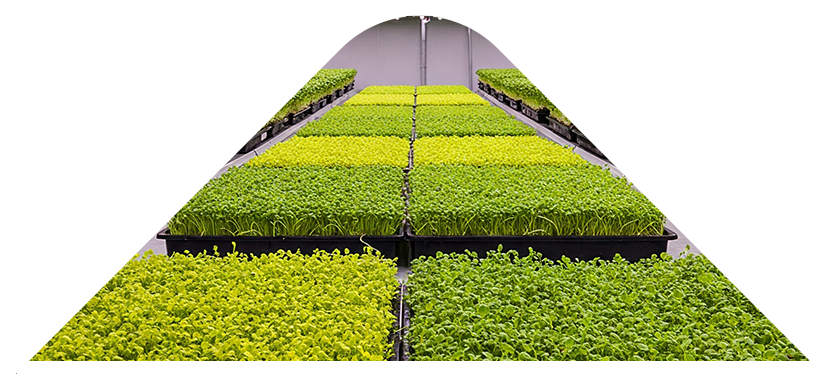
Let's Beautify Your Garden Together!
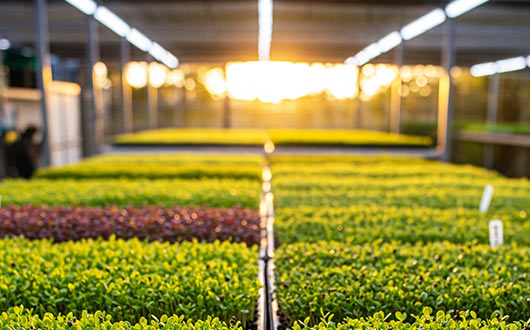
Problems we solve
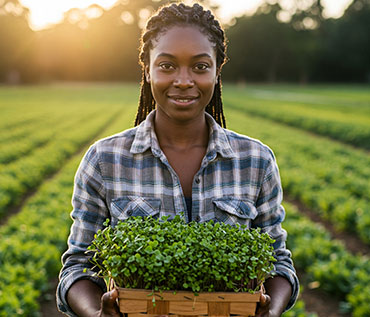
Agriculture and Aquacultures impact on global warming.
- 40% of Global land is Agriculturally occupied
- 30% of global GHG emissions are as a result of Agricultural activities
- 70% fresh water withdrawals are connected to the food industry.
1
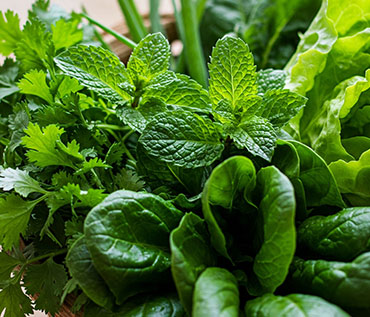
Lack of consistent access to local high quality herbs and leafy greens.
Restaurants, gourmet chef’s, lodges, and hotels in the Capricorn District don’t have the option of organic fresh produce that is cooked the same day it’s picked. As a result it is becoming more and more difficult for them to retain the organic health conscious consumer.
2
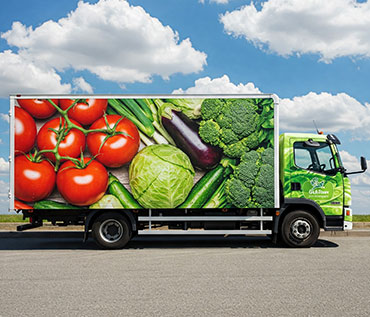
Rural Unemployment, food insecurities & Lack of visible agriculture technology innovation within rural & urban areas.
The rural food supply chain locally needs urgent intervention. There is an urgent need to create healthier diets that address local nutritional needs while respecting local and regional food practices.
3





Get in touch with us


